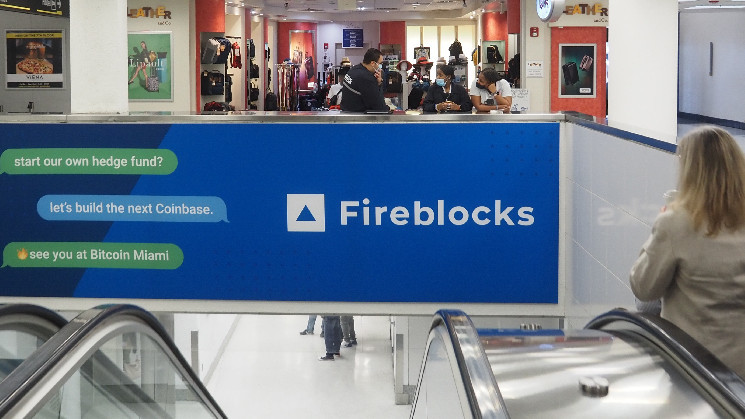Pending final regulatory approval from the NYDFS, the Fireblocks Trust Company will offer cold storage custody to U.S. clients.
Fireblocks' Global Custodian Partner Program will launch this quarter with an initial group of licensed firms based in the U.S., the United Arab Emirates, Britain, Singapore, Thailand and Australia.
Cryptocurrency safekeeping specialist Fireblocks plans to establish a limited-purpose trust company under the purview of the New York Department of Financial Services (NYDFS). Pending final regulatory approval, the Fireblocks Trust Company will offer cold-storage custody to U.S. clients, the firm said on Friday.
The New York-based company is also creating a network of licensed custodians, the Global Custodian Partner Program, which will launch this quarter with an initial group of companies based in the U.S., the United Arab Emirates, Britain, Singapore, Thailand and Australia.
Crypto custody is evolving in a post-FTX world, where new key-sharing technologies like multiparty computation (MPC), which Fireblocks has championed, have been embraced by institutions looking for flexible ways to reduce counterparty risk. After the thousands of FTX customers found their assets were marooned when the crypto exchange collapsed, there's been a shift toward self-custody, including a greater reliance of risk-mitigating technologies like MPC.
Fireblocks, which has been purely a software vendor until now, has recognized some clients might need a custodian for regulatory or risk reasons. That said, Fireblocks SVP of partnerships Adam Levine stressed the firm remains committed to innovating with self-custody.
"We continue to believe everything we've said about the importance of holding your own assets and at no point are we walking that back," Levine said in an interview. "But what's becoming abundantly clear is that there's a lack of qualified custodians in the United States that are able to focus on digital assets."
There is a political context to this. In February of last year, proposed changes to the custody rule by the Securities and Exchange Commission (SEC) would, in theory, dramatically narrow the types of institutions that registered investment advisers (RIAs) could put their customers' crypto into. Part of a divisive and yet to be finalized set of changes known as SAB 12, only firms such as registered broker-dealers and federally chartered banks would qualify, which is at odds with the current state licensing system.
"Our position is not to poke at any regulator, any political party, or the government," Levine said. "We're just applying the existing rules and existing framework. We know there's a business need based on clients, based on the market opportunity. We understand what the current regulatory framework is, and SAB 121, as it is, in the current view of federal regulators and state regulators. We believe that pursuing the trust license in becoming a qualified custodian was the right approach."
In terms of the custodian partner program, this will include licensed custodians using Fireblocks' technology, and the firm is talking to at least two or more providers in each of the jurisdictions mentioned, said Levine. The trust company, which is expected to be live in the next few months, will be the initial U.S. qualified custodian in the partner program, but more are expected to follow, he said.
 coindesk.com
coindesk.com
